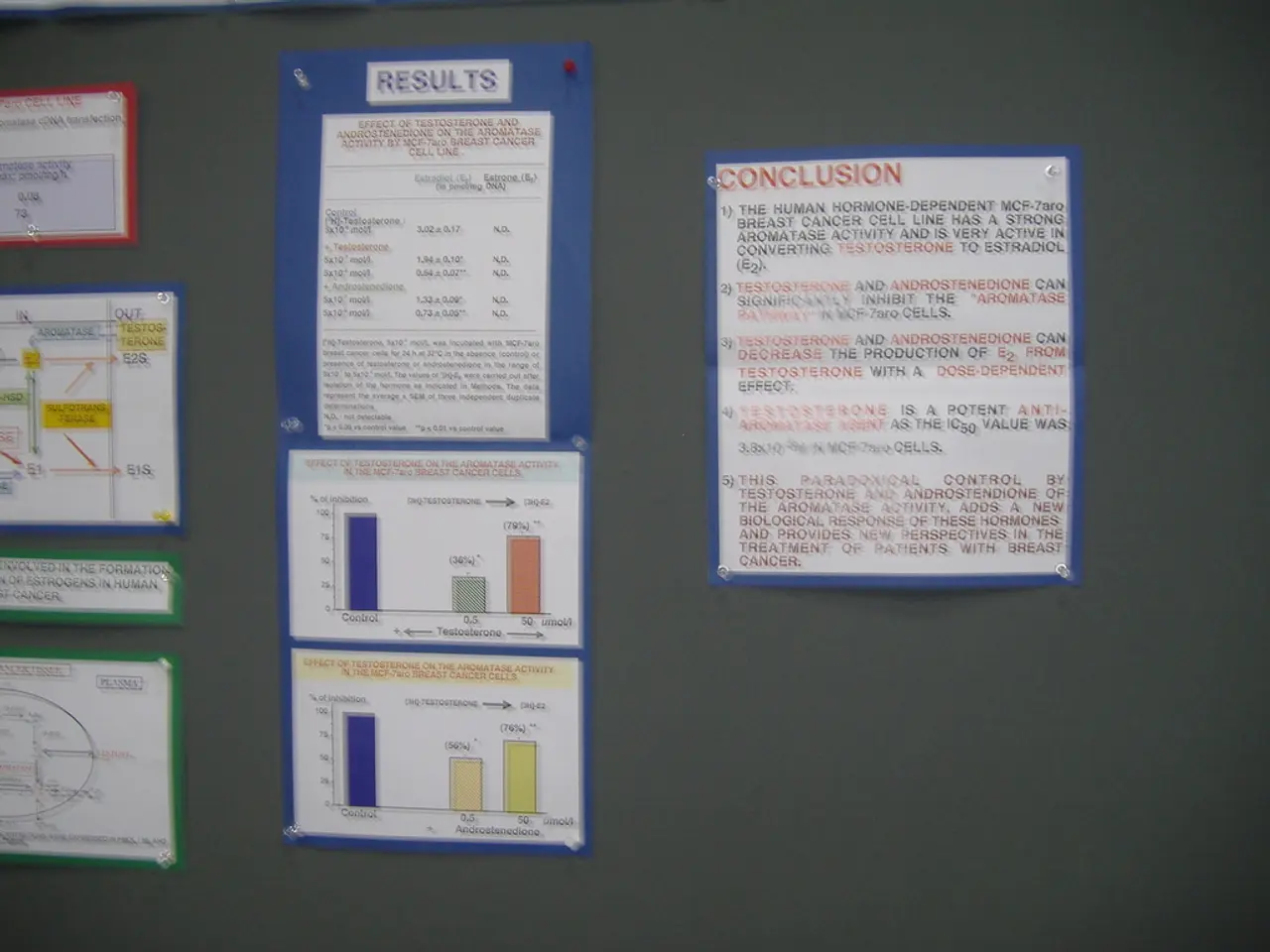Funds Allocated for Rural Healthcare Institutions: 5 Million Euros Distributed - Massive Funding of 5 Million Euro Allocated for Rural Hospitals
In a significant move aimed at addressing rural healthcare disparities, both statutory and private health insurers in Germany will be providing subsidies to essential clinics in rural areas of Thuringia. The announcement highlights the structural reform needs of stationary care in the Free State, according to Robert Büßow, head of the Barmer in Thuringia.
The subsidies, which can amount to up to one million euros per facility, will be paid to nine "necessary" clinics across Thuringia, totaling five million euros in the coming year. Among the recipients are the Helios Clinic Meiningen, Hufeland Clinic Mühlhausen, Henneberg Clinic Hildburghausen, South Harz Clinic Nordhausen, Klinikum Bad Salzungen, KMG Clinic Sondershausen, Thuringia Clinics Saalfeld, SRH Central Clinic Suhl, and St. Georg Clinic Eisenach.
The subsidies are intended to ensure the financial viability of these rural clinics, which play a crucial role in local economies and healthcare infrastructure. Rural areas often face challenges in accessing healthcare services compared to urban regions, and providing subsidies to rural clinics helps ensure that these communities have adequate healthcare facilities.
The subsidies are a significant contribution to ensuring care, according to Robert Büßow. However, there has been criticism from insurers regarding the relaxation of proof requirements for the money due to the federal hospital reform that came into effect at the beginning of the year. Stefanie Stoff-Ahnis, deputy chairwoman of the GKV-Spitzenverband, has criticized that more money from contribution funds is flowing without quality proof.
From 2026, hospitals will no longer have to prove the originally mandatory basic emergency care, which includes a central emergency department, at least six intensive care beds, and a certain availability of specialists. This relaxation of funding criteria has been a point of contention among insurers.
The GKV, the association of statutory health insurers in Germany, has stated that the subsidy will be paid to clinics regardless of whether they have a financial deficit or not. From the perspective of patients, the structures required for basic emergency care are of great importance, according to Stefanie Stoff-Ahnis.
The subsidies are part of the government's initiatives to address rural-urban disparities and ensure equitable healthcare access across different regions. The changes in the proof requirements for subsidies, as a result of the federal hospital reform, aim to simplify the process for clinics and provide them with more flexibility in meeting the requirements.
In conclusion, the subsidies provided by German health insurers to rural clinics in Thuringia are a significant step towards ensuring equitable healthcare access and maintaining the financial viability of rural clinics. However, the relaxation of proof requirements for subsidies has sparked debates among insurers, underscoring the need for ongoing discussions and quality checks to ensure the best possible healthcare for all Germans.
- Vocational training programs could be a part of the community aid offered to rural communities to empower their workforce and improve their economic stability, further strengthening the rural healthcare infrastructure that receives subsidies from these insurers.
- As the focus shifts to rural healthcare, investing in medical-conditions-specific vocational training for the local workforce could potentially fill the gap in healthcare labor force while enhancing health-and-wellness services available in rural areas of Thuringia.
- To maintain the financial stability of rural clinics, the industry could benefit from exploring collaborative partnerships with research institutions in the science field to develop innovative financing models, drawing inspiration from the finance sector and improving healthcare access in rural regions.




